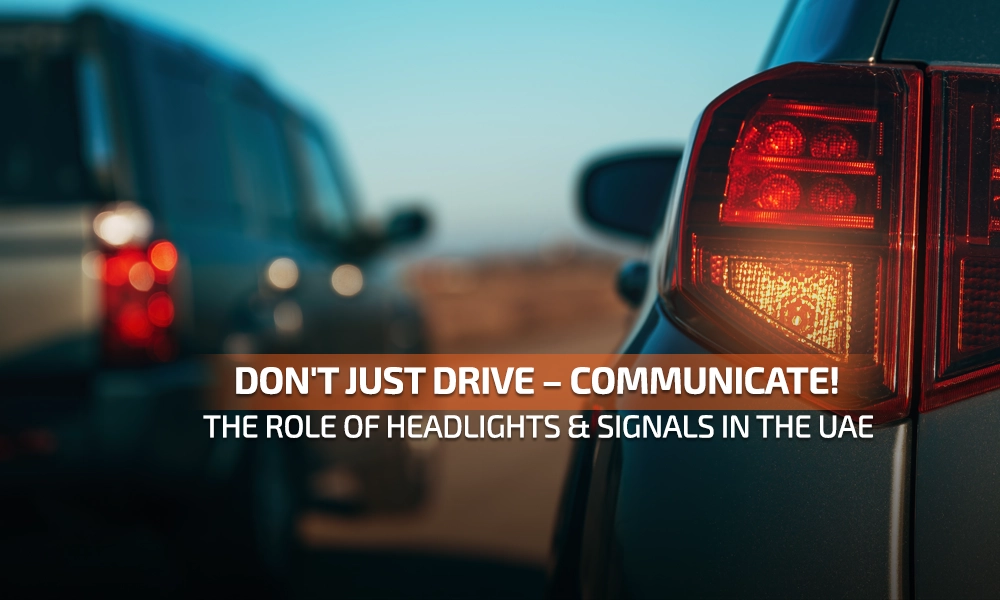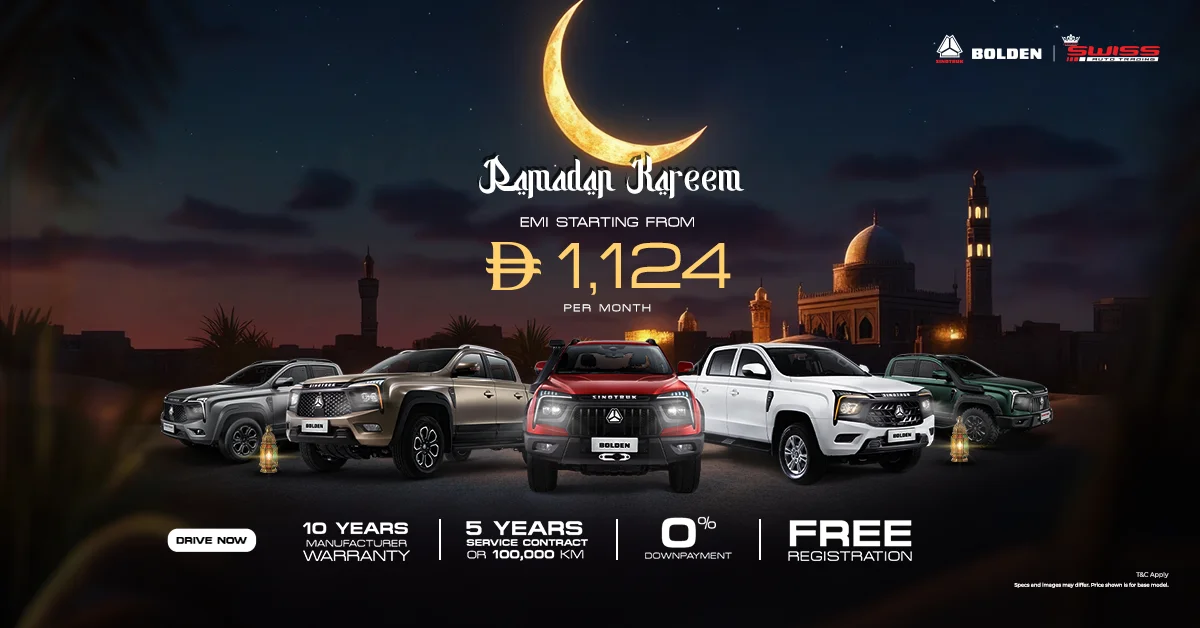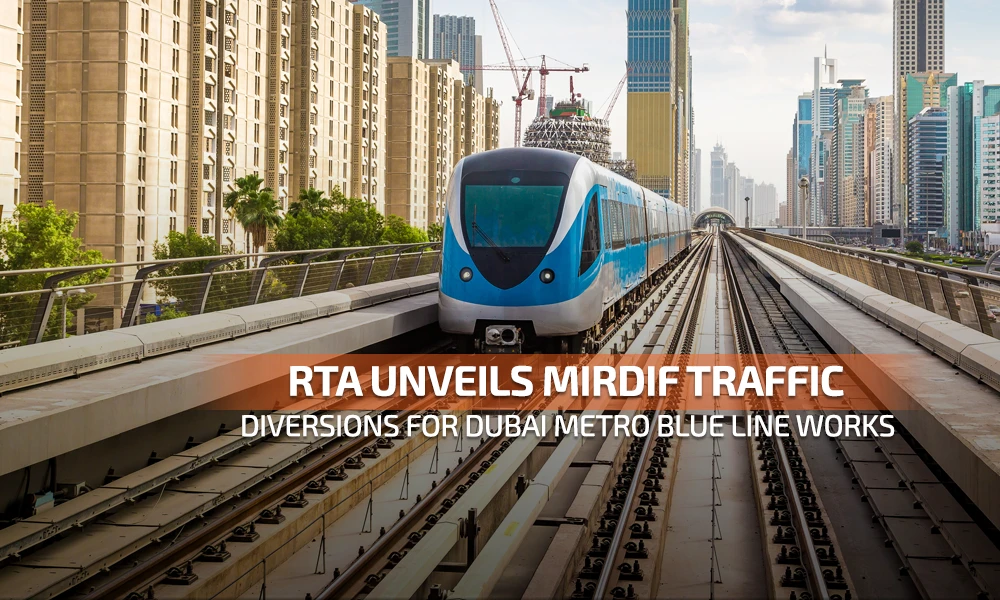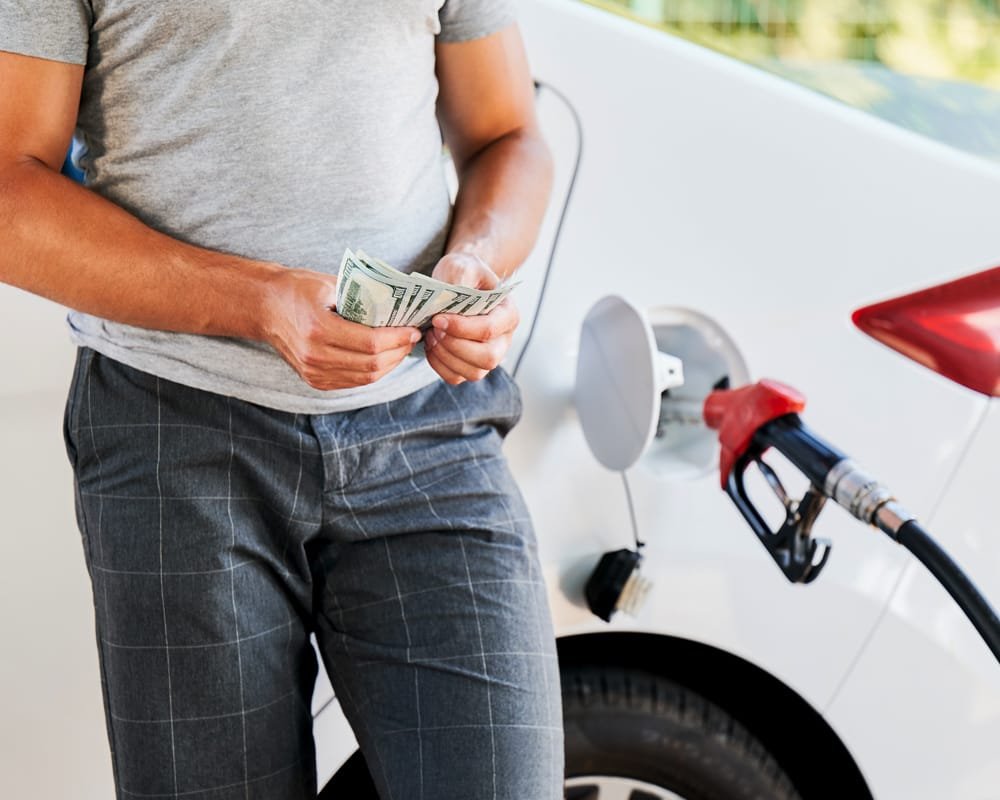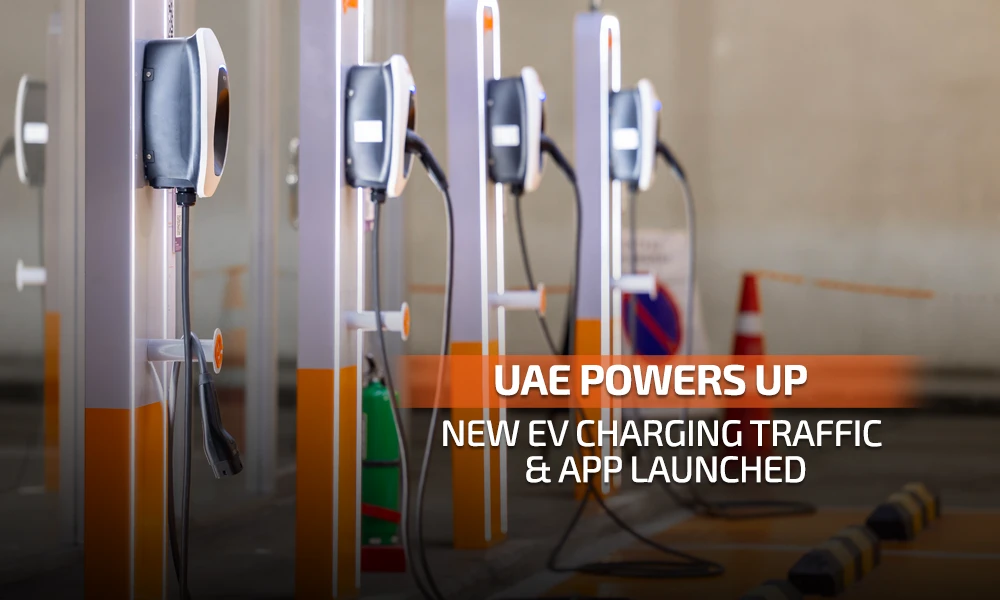Driving in the UAE isn’t just about speed—it’s about communication.
Your car headlight and signal lights are your voice on the road.
Used correctly, they prevent accidents, reduce fines, and make commutes smoother in Dubai, Abu Dhabi, Sharjah, and beyond.
Why Proper Use of Headlights and Turn Signals Matters in the UAE
In busy cities like Dubai and Abu Dhabi, traffic is fast and multicultural.
A simple click of the indicator or timely use of lights on a car can prevent misunderstandings.
Whether you’re merging on Sheikh Zayed Road or taking a roundabout in Sharjah, road communication is key to safety.
I once nearly got sideswiped in Dubai Marina because a driver didn’t signal. Since then, I’ve made it a rule—always let others know my move before I make it.
Understanding the Main Lights on a Car and Their Functions
Every light serves a purpose.
Knowing how and when to use them keeps you and others safe.
- Headlights (low/high beam): Visibility in the dark or bad weather.
- Brake lights: Warn drivers when you slow down.
- Turn signals/indicators: Show your lane‑change or turning intentions.
- Hazard lights: Emergency warnings only.
- Reverse lights: Alert others when backing up.
Ignoring even one can confuse fellow drivers and increase accident risk.
When to Use Car Headlights in Dubai, Abu Dhabi & Sharjah
Low visibility is common in UAE weather—fog, sandstorms, and heavy rain.
Here’s when to switch on your car headlights:
- At night, especially on highways.
- During fog or dust storms (low beams preferred).
- When visibility drops below 100 meters.
- On wet roads in Dubai, Al Ain, and Sharjah where law requires low beams.
I once drove from Abu Dhabi to Al Ain during a sandstorm. Those who kept headlights on were easy to spot. The ones without? Almost invisible—and dangerous.
What Flashing Headlights Mean in UAE Driving Etiquette
On Sheikh Zayed Road, flashing headlights often signals a request to overtake.
But in Abu Dhabi city streets, it can confuse drivers.
Always combine flashing with clear signaling and speed adjustment.
Remember: Not every driver interprets it the same way in the UAE’s multicultural mix.
Why Using Turn Signals is Legally Required in the UAE
Failing to use turn signals isn’t just unsafe—it’s expensive.
Under UAE traffic law, not signaling before a turn or lane change brings:
- Fine: AED 400
- Black points on your license
A friend of mine was fined in Sharjah for missing his signal before a sudden U‑turn. Since then, he never skips it.
Indicators aren’t optional—they’re mandatory.
Headlight and Signal Use in Multicultural UAE Traffic
Over 200 nationalities drive in the UAE.
This mix means driving assumptions differ.
- In Al Nahda, Dubai, late indicators often confuse drivers from different cultures.
- On Hamdan Street, Abu Dhabi, flashing lights can be misread as aggression.
Clear signals cut through this confusion.
They make the roads safer for everyone—from supercar drivers to delivery riders.
Emergency Communication: Using Hazard Lights Correctly
Hazard lights are a lifeline on UAE highways like the E11.
Use them when:
- You’ve stopped due to a breakdown or accident.
- You’re warning drivers of sudden braking ahead.
Never drive with hazards in rain or fog—it confuses following cars.
I once saw drivers misuse hazard lights in heavy rain on Emirates Road. It was chaotic—no one could tell who was actually stopped.
Warning Signs Your Car Lights Need Attention
Don’t ignore the small signs.
Your lights are only useful if they work properly.
- Flickering headlights
- Dim brake or tail lamps
- Dashboard warning lights for bulbs
If you notice any, get them checked immediately, a reliable workshop in Dubai and Sharjah offering quick diagnostics is awaiting for you.
FAQs About Car Headlights & Turn Signals in the UAE
A: Only on dark rural roads or highways with no oncoming traffic. On city roads, use low beams to avoid blinding others.
A: DRLs improve visibility, but they don’t replace headlights in low‑visibility conditions like fog or heavy rain.
A: Yes. Using hazard lights while driving in rain or fog is against UAE law and can result in penalties.
A: At least once a month. Also inspect before long road trips, especially on desert highways.
A: Absolutely. They adjust automatically for curves and traffic, reducing glare and improving safety on roads like Emirates Road.
Why Using Car Headlights and Signals Matters in the UAE
- Long‑term safety: Proper lighting reduces accident risk and ensures smoother traffic flow.
- Avoiding fines: Misuse or neglect can cost you money and license points.
- Respect on the road: Good signaling builds trust in the UAE’s diverse driving environment.
- Peace of mind: Knowing you’ve communicated clearly prevents stress in daily commutes.
For me, a simple click of the indicator has often prevented close calls on Dubai’s fast highways. Communication truly is the difference between a safe drive and a risky one.
What Does a Car Mean for You?
In the UAE, your car is more than a vehicle—it’s your daily partner.
Headlights and signals are the language it speaks with others.
To drive smart in 2025:
- Use headlights correctly in all weather conditions.
- Always signal before turns or lane changes.
- Avoid hazard light misuse.
- Check your lights regularly for safety.
If you treat lights as communication tools, driving becomes safer, smoother, and stress‑free.
Don’t just drive—communicate.
Need your car headlights or signal lights checked? Visit Miss Auto for expert diagnostics and repairs today.

